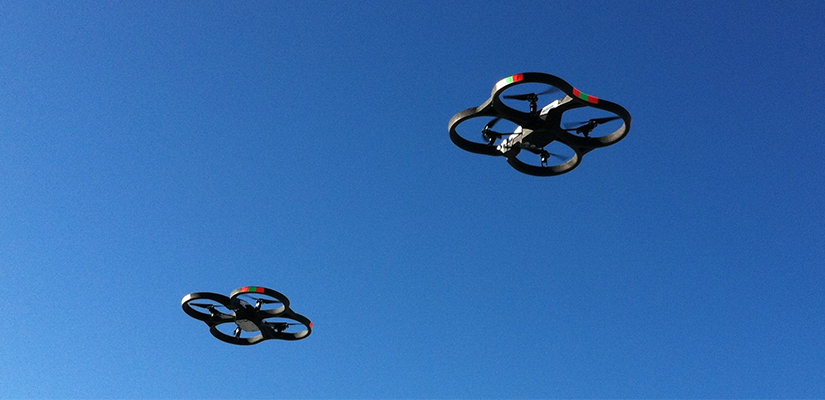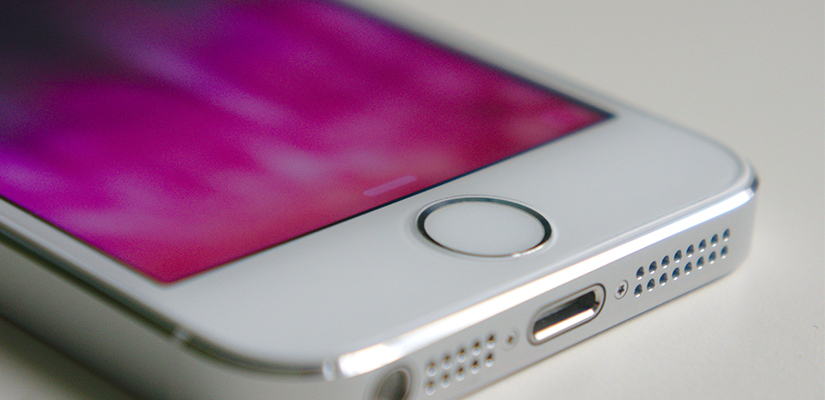Today’s so-called Smart Phones hold a great deal of information that has little relevance to phone calls. As such, some argue that police should be required to obtain a search warrant before inspecting the contents of a cell phone. They submit that obtaining evidence from cell phones without a warrant amounts to a violation of the Fourth Amendment protection against illegal search and seizure.
Our forefathers lived in a time predating even the most rudimentary communications devices by over a hundred years. How they would have regarded right to privacy issues with cell phones, then, can only be speculated upon. Case precedent, interpretation of the law, and higher court rulings must be relied upon for this reason. A case from 2007 has left many with continued questions, however, about the rights of an arrestee in regard to his cell phone. The lines have been drawn, and people are divided.
The case in question involves the arrest of an individual in 2007 for purchasing methamphetamine from a police informant. Upon the defendant’s arrest officers seized a cell phone they found in his pocket. Following an unproductive round of questioning a DEA agent searched the cell phone and found incriminating evidence. The defendant was ultimately convicted, and his case was appealed.
The California Supreme Court ultimately ruled that the search was lawful, indicating, “in the case of a lawful custodial arrest a full search of the person is not only an exception to the warrant requirement of the Fourth Amendment, but is also a ‘reasonable’ search under that Amendment.” The court went on to suggest that police have the right to search anything found on the defendant’s person at the time of arrest. Moreover, they do not have to conduct the search immediately. The evidence may be obtained at a later point, such as during questioning.
The implications are interesting. That your personal phone and text data can be used against you, and police do not need a search warrant to obtain them from your electronic device, suggests that warrantless searches of any electronic device are permissible. Those unhappy with the decision vow to take the issue to the U.S. Supreme Court.
If you have been arrested for a crime, it is in your best interests to hire a strong and experienced attorney. Call the Law Offices of Wallin & Klarich today for a free consultation at 1-888-749-0034.



